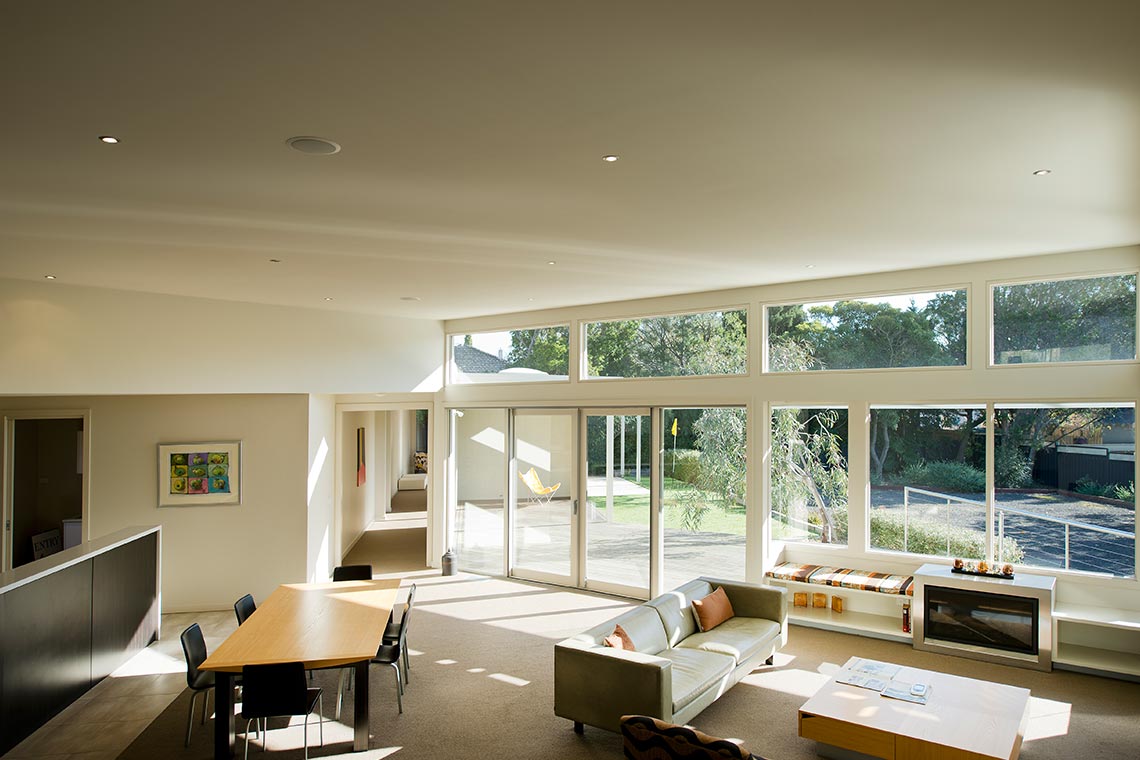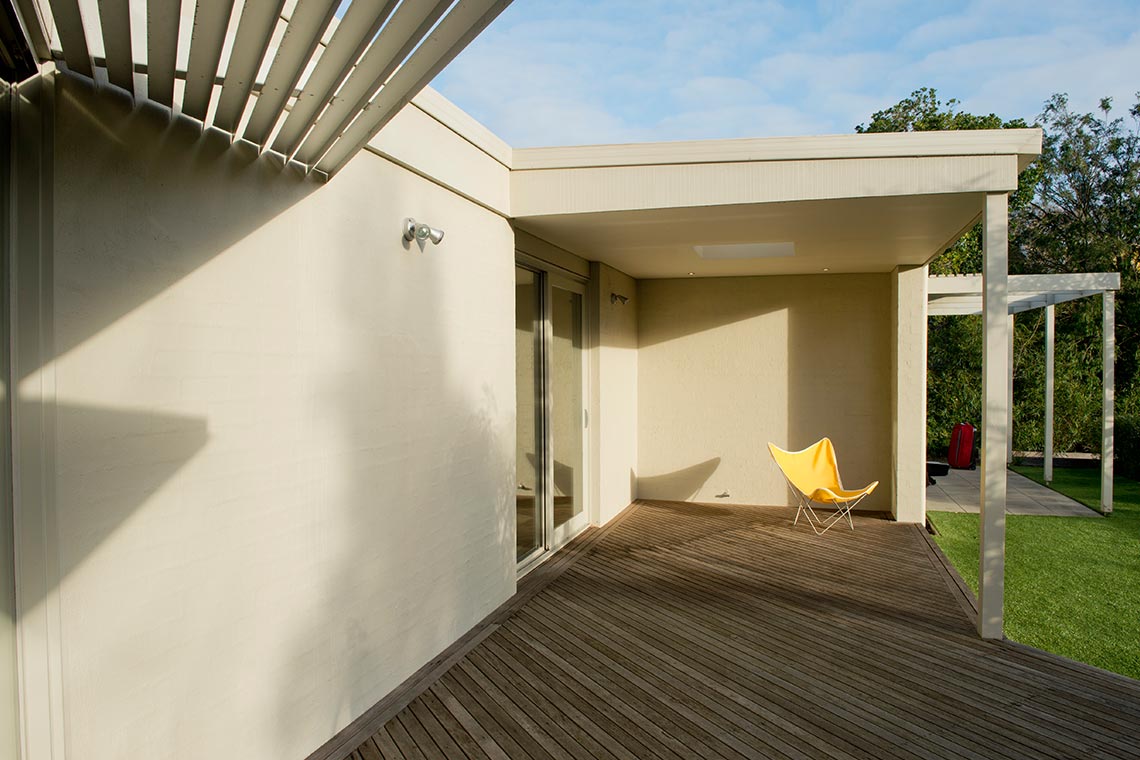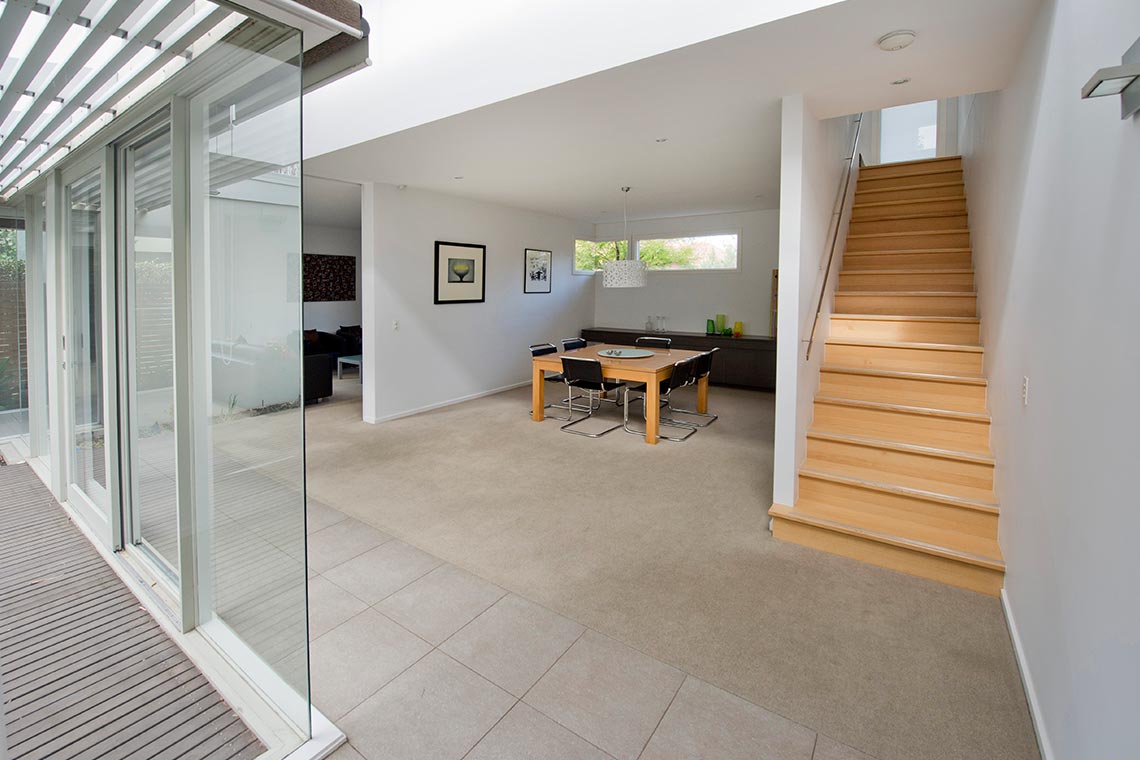There has been a spate of media attention on the ills of the building industry of late, perhaps most searchingly on the ABC. Observations have been made along the lines of no single topic generating more public concern and more “horror stories” than the residential building sector.
Let’s be frank about this. No one gets angrier about the reputation-trashing activities of “cowboy” builders, than the solid, committed, ethical builder. Fortunately, Victoria has hundreds of such individuals and companies, builders who construct first-class homes to meet clients’ needs way into the future. Sound, durable homes constructed by good trades, using quality materials sourced from reliable suppliers.
Bad builders, and regrettably Victoria has too many of such individuals and companies, have no such commitment to durability and quality and service. Bad builders, like poor businesspeople everywhere, struggle to get credit. Without good credit they may find themselves buying inferior or even second hand materials. Bad builders struggle to get good trades and may find themselves using persons whose credentials as carpenters or painters or plasterers are non-existent. Bad builders cut corners, sometimes operating in the cash-in-hand world where records are non-existent and recourse to fix problems nothing but a bitter joke. Bad builders gain attention at the expense of good builders, providing regular tabloid fodder for the evening current affairs shows, fostering mistrust of a whole industry sector.
Bad builders harm us all.
So how does a prospective client improve the odds of ensuring the builder they engage is ethical, reputable and reliable?
We suggest the following as a useful guide:
- Longevity
- Reputation
- Sound business ability
- Good people including good trades
- Master Builder
Let’s take those one by one.
Longevity
Only profitable businesses endure over time. Only businesses that endure over time are around to attend to any problems that may emerge within the warranty period. (Even good builders have the occasional problem arising during or after construction. The issue is how they deal with it.) You should want your builder to be profitable. Bear this in mind when offered a price too good to be true.
So, one of your first questions to a prospective builder should be, “How long have you been a builder?” The second question should be, “…and have you traded under your present name for all of that time?” The third question? “Have you been the owner for all of that time”? If you are not getting satisfactory answers to these questions you should think very carefully about proceeding.
Reputation
Good builders earn good reputations. By asking around you should be able to establish whether your prospective builder is well regarded in the industry. Does the builder have a website? Do clients speak positively of their experiences on that website? The construction journey is a long one and the willingness (or otherwise) of clients to speak up for their builders at the end of that journey is a telling test.
Sound business ability
Does your prospective builder operate a good business? Does he/she present important information in writing? Is he/she on time for meetings? Does he/she follow up when they say they will will? Are quotes timely and accurate? These are all indicators of likely behavior over the duration of construction. If your prospective builder does not impress in the early phase when he/she is seeking your business it is likely to only get worse once he/she has your signature on a contract.
Good people
Does your prospective builder seem to have good staff? One excellent test is whether they have been with him a long time? Ask. Similarly for trades. Good trades, and good trade relationships, are vital to a builder. Good trades stay with good builders. Ask.
Master Builder
Being a Master Builder means something. The membership criteria are robustly monitored. Members must be registered under the Building Act 1993 as…
Domestic Builder Unlimited (DB-U); and hold the requisite current warranty insurance policies – or the corresponding certificates of eligibility. In addition, they must also satisfy one of the following options:
Hold a degree, diploma or associate diploma of building; and have had at least 3 years of practical experience; or
Hold a relevant Trade Certificate (e.g. Carpentry) and have had at least 3 years of practical experience; or
Have had at least 10 years of practical experience.
Do your homework. Ask around. By weeding out bad builders you will help protect against the risk of financial loss of the kind we see paraded on current affairs and canvassed on talk back radio. Our state has no shortage of excellent home builders.
Choose wisely.





